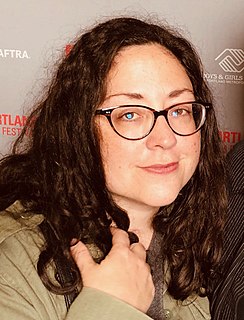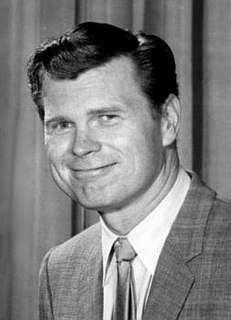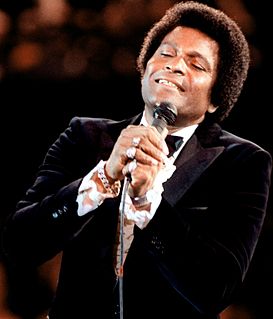A Quote by Leni Zumas
Part of being a writer is feeling that constant dissatisfaction, thinking about what else you could do, and also knowing when it's time to leave a project.
Related Quotes
Self-awareness is a trait - or maybe 'practice' is the more accurate way to put it - that everyone can always improve at. It is part emotional intelligence, part perceptiveness, part critical thinking. It means knowing your weaknesses, of course, but it also means knowing your strengths and what motivates you.
He didn’t know if that was really true or not, but he discovered something which was tremendously liberating: he didn’t care. He was very tired of thinking and thinking and still not knowing. He was also tired of being frightened, like a man who has entered a cave on a lark and now begins to suspect he is lost. Stop thinking about it, then. That’s the solution.
One big power of an actor is knowing when to say no to something. It can be very tempting to say yes to something, because you're flattered that somebody would like to work with you, and your ego sort of takes over, but it's important to ask whether there could be something you could add to a project by being part of it.
I'm a writer, not an editor, and though the editing rarely cut into my writing time, it did take away from that walking-around-thinking-about-it-when-you're-not-thinking-about-it time that I think is important for writers. When you're half-thinking about what you're working on while driving, cooking . . . just letting things sift and settle, come to you.
I learned to write from reading. I had no writing classes. It's part of my thinking as the writer-author, reading, but then I also want to bring this into my characters, who also read and think. There's that great quote from Virginia Woolf - it's very simple: "...books continue each other." I think when you're a writer, you're also, hopefully, a reader, and you're bringing those earlier works into your work.
In churches, we see that getting people to show up for a prayer meeting is a lot more difficult than a concert or service project or just about anything else. So we were thinking, we're stepping into some unknown territory here that could be as profitable, or it could be a box-office flop, but there was a rightness about it. And so this whole idea of the war room being like a spiritual warfare room, a place of prayer where you get alone with God and you're making your decisions and you're dealing with your issues first in prayer.






































